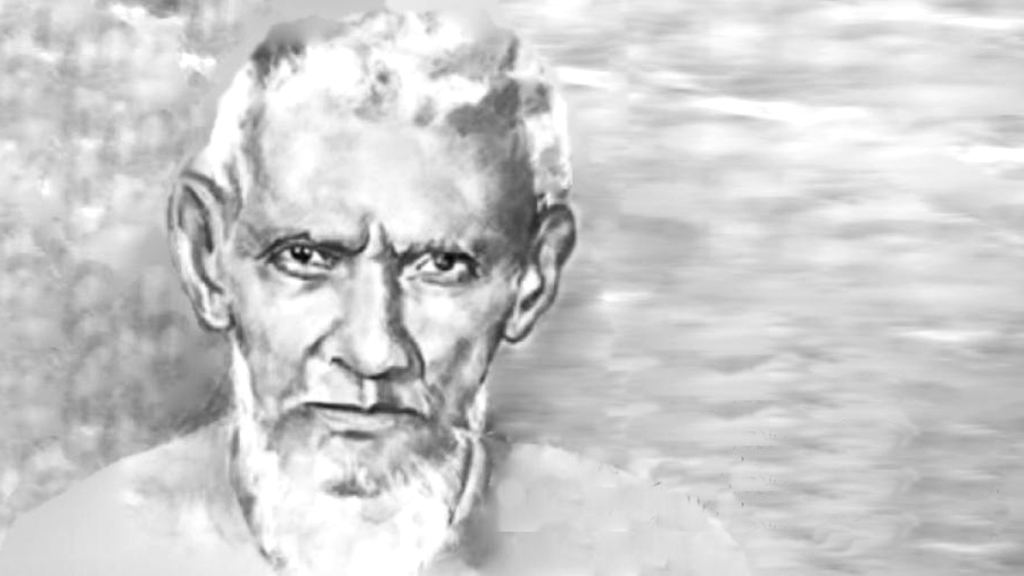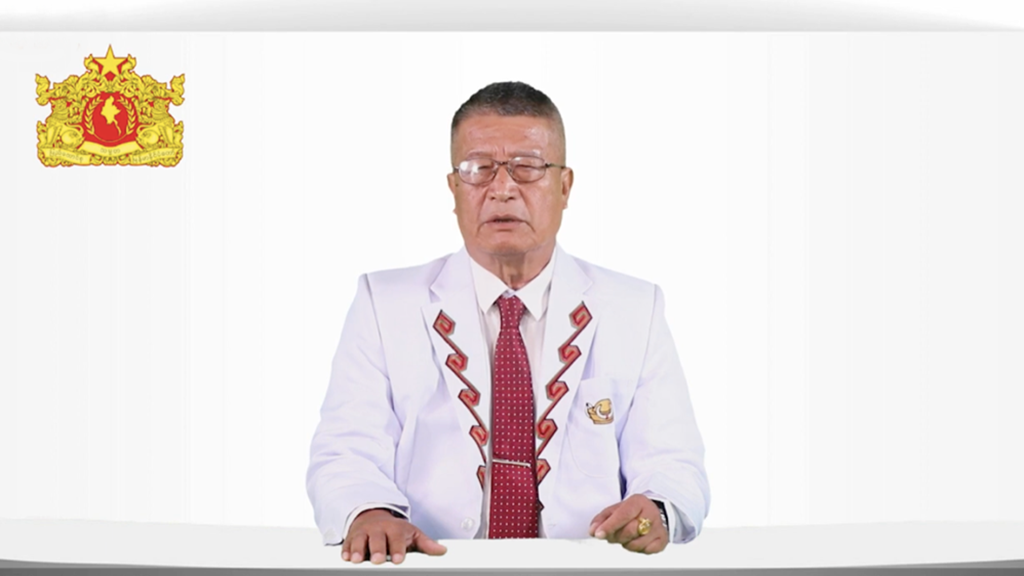
Abdul Karim Sahitya-Visharad the Discoverer of Our Culture and Heritages
- 11/10/2022
- 0
By Aman Ullah
(On the Commemoration of the 151st Birth Anniversary Abdul Karim Sahitya-visharad)
October 11, 2022 is the 151st birth anniversary of Abdul Karim Sahitya-visharad. Abdul Karim Sahitya-visharad, a litterateur, historian of Bangla literature and collector and interpreter of old Bangla manuscripts.
Born in village Suchakradandi in Patiya Upazila within greater Chittagong, Abdul Karim Sahityavisharad passed his Entrance Examination in 1893 from Patiya High School. He served as a teacher in some schools, later joined the office of the Divisional Commissioner of Chittagong, and finally became Divisional Inspector of Schools. He retired in 1934. Abdul Karim started writing literary articles in early life. His literary pursuits drew the attention of contemporary literati.
The major portion of his puthi manuscript collection, comprising works by Muslim poets, is preserved in the Dhaka University Library and the rest, written by Hindu poets, in the varendra research museum, Rajshahi. The Bengali department of Dhaka University has published a catalogue of the manuscripts preserved in the University Library under the title Puthi Parichiti.
All these are scholarly works. His collection of puthi manuscripts produced by Muslim poets indicates that the Muslim intellectuals of the medieval age had made great contributions to the development of Bangla literature. Some poets like daulat qazi, Alaol, Syed sultan, Muhamad Khan etc are rated among the greatest Bengali poets. Abdul Karim discovered about a hundred Muslim poets whose names and works were not known before. Nadia Sahitya Sabha honoured him with the title of Sahitya Sagar, while Chattal Dharmamandali gave him the title of Sahitya Visharad.
Abdul Karim was a collector of ancient Bengali literature. He collected more than 2,000 Puthis to prevent them from being lost. More than 1,000 of them were written by Bengali Muslims. No other person or organization had collected this number of Puthis before. Abdul Karim Sahitya-Vishared should be given credit for collecting hundreds of puthis from different part of Chittagong. He also collected Bengali manuscripts written by Bengali poets living in Arakan.
Before the advent of modernism in undivided South Asia, puthi was the only source of entertainment. A puthi usually comprises of chronicles of the Arab peninsula or narrations of religious elements – which did not originate from our culture. The stories reached Bengal via a traveller’s journey and a trader’s accounts. Tales also reached the region through wars and warfare.
Because of the religious value, the stories became a part of our own. The oral tradition of the puthi path survived for a while but started to decay from the beginning of the 20th century. The oral tradition of puthi path is also a part of Rohingya culture life of rural area till today.
As per Dr. Sunuti Bhushan Qanungo, the Bengali word ‘puthi’ said driveled from Sanskrit pustaka> potha>puthi, meaning a book. A puthi may be defined as a rhymed composition narrating in most case the popular story of both indigenous and foreign. The poets of medieval Chittagong show special skill in writing the puthi. Hundreds of puthis have been discovered from the remote parts of Chittagong district and many others lost with their authors.
It was the lifelong efforts of Munshi Abdul Karim Sahitya-Visharad that helped the restorations of manuscript puthis from different parts of Chittagong district. In his life time, the iconic puthi collector Munshi Abdul Karim Sahitya Visharad, widens his efforts to define our cultural identity as he says, “Puthi represents a clear picture of a nation.”
He and Dr. Muhammad Enamul Huq together wrote a book entitled Arakan Rajsabhaya Bangala Sahitya giving accounts of their books and the subject matter discussed in those books. They thought that the poets adorned the court of the Arakanese kings, and so their book was entitled Bengali literature in Arakanese court.
Through to his collections of the manuscripts of Daulat Qazi, Alaol, Mardan, Qurashi Magan, Abdul Karim Khondkar and many others poets of Arakan, we can learn about the Muslims of Arakan and a great measure of their influence in the society and in the court of the King. They occupied high government offices, occupied the posts of ministers. It is gratifying to note that at least three Prime Ministers, three Defence Ministers and other ministers, army commanders, judges, saints and religious priest in 16th to 17th centuries in Arakan.
They had vast influence in the country and court of the kings. The Arakanese king reposed great confidence in them. The ministers and high officers were learned men, who patronized learning and Muslim poets and writers. The poets wrote in Bengali, a good number of their poems have been discovered.
Among them we have known about Lashkar Wazir (defense minister) Burhanuddin, Lashkar Wazir Ashrof Khan, Lashkar Wazir Bara Thakur, Prime Minster Magan Thakur, Prime Minister Sayyid Musa, Prime Minister Nabaraj Majlis, Minister Sayyid Muahammad, Qazi Daulat, Qazi Sayyid Sawood Shah and Pir Masum Shah.
As they occupied high posts their names have come down to us through the writings of poets, but there may have been many other Muslims occupying the subordinate posts, their names are not known. In fact, an idea of the numerous Muslims holding subordinate posts and engaged in trade and other profession may be obtained if we remember that every minister held courts and assemblies, the poets further give an idea that these assemblies were attended by many Muslims.
Many Muslims were also there in the army. We have seen above those two big contingents of Muslim army entered into Arakan while restoring the king Min Saw-Mun in 1431 AD. In the coronation procession of Thiri Thudamma in 1635, the Lashkar Wazir led the Muslim cavalry contingent consisting of six hundred men. This is known from the evidence of the Portuguese Fray Sebastine Manrique. There were Muslim soldiers in the other contingents of the coronation procession led by other commanders. Taking all these into consideration it may be stated with confidence that there were many Muslims in Arakan engaged in their several professions.
Because of the collections of manuscripts of the poets Arakan by Munshi Abdul Karim Sahitya Vishared above mentioned our glorious past were restored and preserved in the history of Arakan otherwise all these were remained under the dark side of the history. Because of him we can today take pride of our glorious history and our cultural identity otherwise we cannot able to recognize and preserve them. He was a real discoverer of our culture and heritages. Really his collections of Puthis represents a clear picture of our glorious past.







